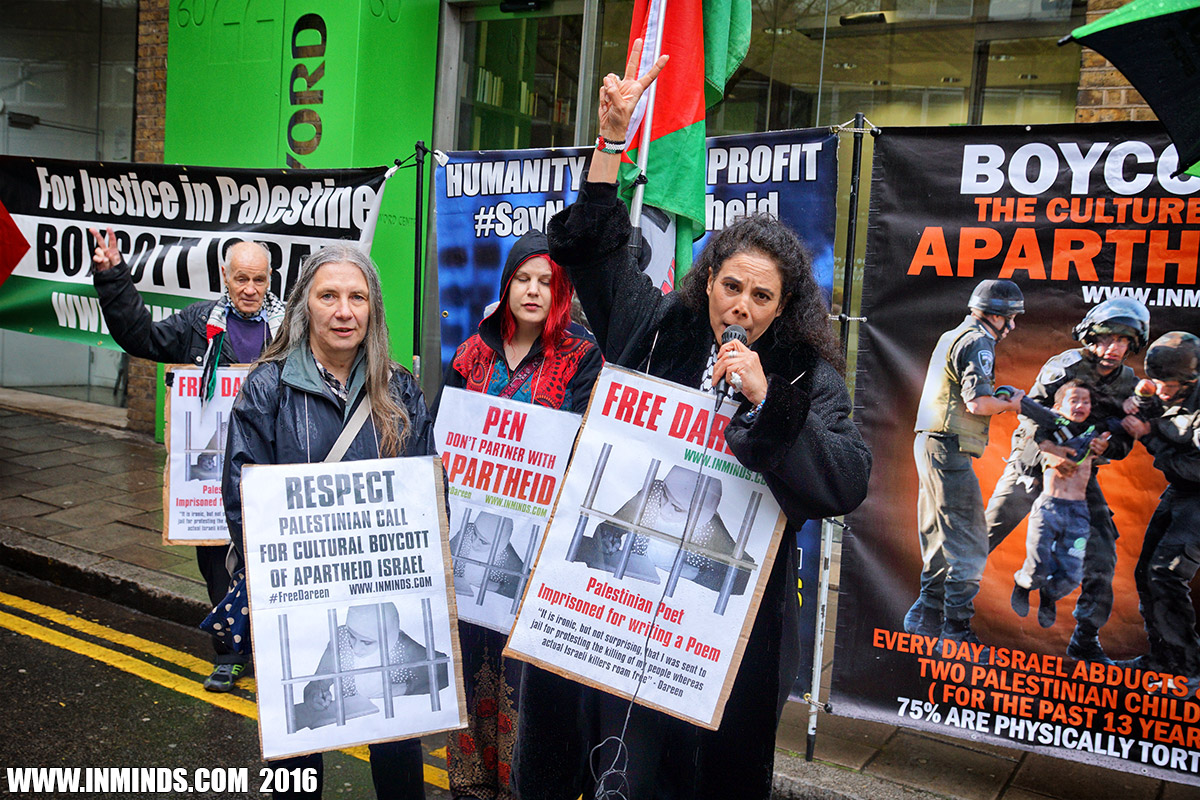P F Tinmore, et al,
OH, you are confused again.
RoccoR said:
Well, there are a couple ways of looking at this.
• Incitement to violence;
• Supporting a terrorist organization;
• Communicating a threat;
• Purposefully creating a confrontation (another form of incitement).
You forgot defending their rights.
(REFERENCES)
Hague Regulation 1907
Article. 43. The authority of the legitimate power having in fact passed into the hands of the occupant, the latter
shall take all the measures in his power to restore, and ensure, as far as possible, public order and safety, while respecting, unless absolutely prevented, the laws in force in the country.
Convention (IV) relative to the Protection of Civilian Persons in Time of War. Geneva, 12 August 1949.
Article 68.
Protected persons who commit an offence which is solely intended to harm the Occupying Power, but which does not constitute an attempt on the life or limb of members of the occupying forces or administration, nor a grave collective danger, nor seriously damage the property of the occupying forces or administration or the installations used by them,
shall be liable to internment or simple imprisonment, provided the duration of such internment or imprisonment is proportionate to the offence committed. Furthermore, internment or imprisonment shall, for such offences, be the only measure adopted for depriving protected persons of liberty. The courts provided for under Article 66 of the present Convention may at their discretion convert a sentence of imprisonment to one of internment for the same period.
The penal provisions promulgated by the Occupying Power in accordance with Articles 64 and 65 may impose the death penalty on a
protected person only in cases where the person is guilty of espionage, of serious acts of sabotage against the military installations of the Occupying Power or of intentional offences which have caused the death of one or more persons, provided that such offences were punishable by death under the law of the occupied territory in force before the occupation began.
The death penalty may not be pronounced against a protected person unless the attention of the court has been particularly called to the fact that since the accused is not a national of the Occupying Power, he is not bound to it by any duty of allegiance.
In any case, the death penalty may not be pronounced against a protected person who was under eighteen years of age at the time of the offence.
(COMMENT)
Well, you can encourage them to defend whatever; --- BUT at the end of the day it is illegal and punishable under the Geneva Convention.
It is the responsibility of the Occupation Force to maintain public order and safety.
If you incite or otherwise encourage protected persons (Arab Palestinians) to harm the Occupation Power, cause serious damage to Occupation property or facilities, you are punishable under the law. If you encourage the use of deadly force, causing the death of members of the Occupation Power, you are punishable under the law.
Do not make the mistake of trying to encourage Arab Palestinian who don't know any better, to disrupt public order and safety, or harm the Occupation Power, making them think that it is internationally protected. It is simply not so. No matter what bogus argument you claim, no matter which non-binding resolution you cite, the fact of the matter is: it is punishable by law.
End of Story!
Most Respectfully,
R

